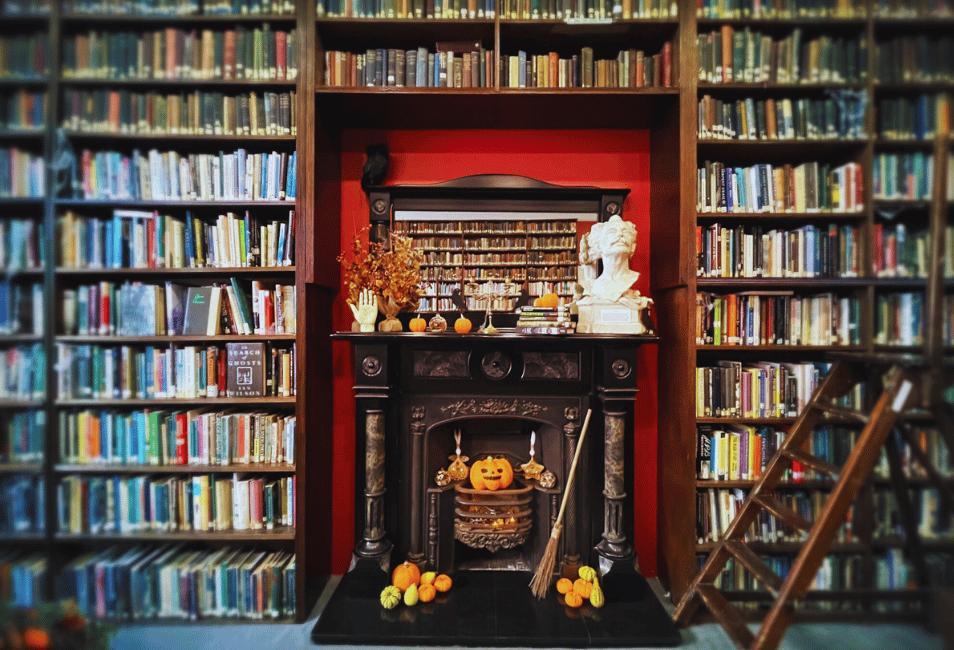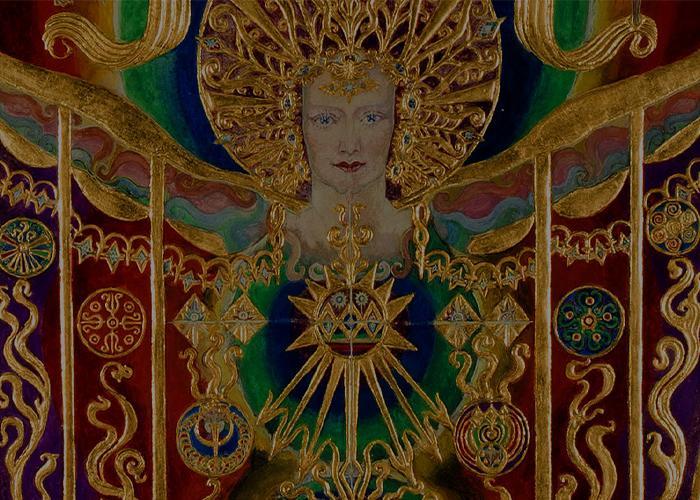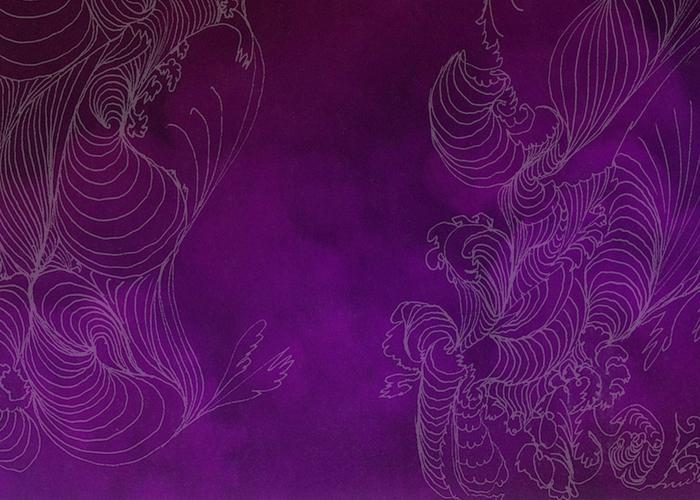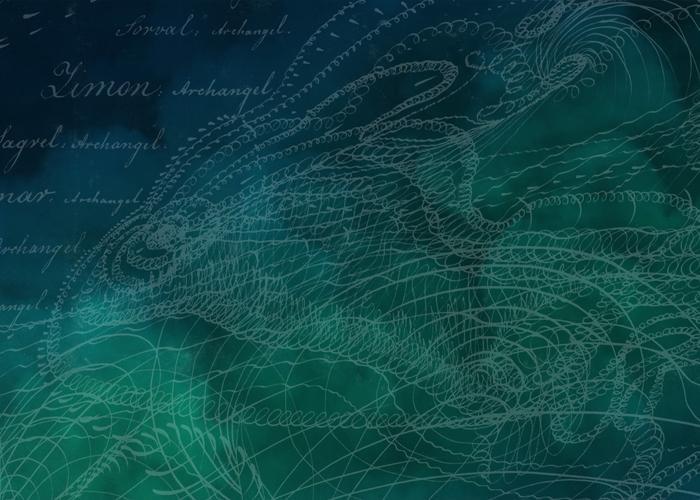The origins of Halloween can be traced back to the ancient Celtic festival of Samhain (pronounced 'sow-wen') which means 'Summer's end'.
Until 2,000 years ago, the Celts lived across the lands we now know as Britain, Ireland and northern France. In this farming culture, the Pre-Christian Celtic year was determined by the agricultural seasons. Samhain marked the end of summer and the harvest and the beginning of the dark, cold winter.
Pagan New Year
The festival of Samhain also symbolised the boundary between the world of the living and the world of the dead. It was a time of reverence for and contact with the dead. It was a time to reap what they had sown in the year prior and to prepare for the 'dark night of Winter'. It is the New Year for many pagans, especially Wiccans.
The thinning veil
It was believed by the Celts that on the night of 31st October, the ghosts of their dead would revisit the mortal world and large bonfires were lit in each village in order to ward off any evil spirits that may also be at large.
Celtic priests, known as Druids, would have led the Samhain celebrations. It would also have been the Druids who ensured that the hearth fire of each house was re-lit from the glowing embers of the sacred bonfire, in order to help protect the people and keep them warm through the forthcoming long, dark winter months.
The veil being thin also allowed the living to have increased intuition and psychic abilities. It was a night for scrying and looking into the future. Crystal balls and fires were gazed into, tarot cards were spread and runes were cast and interpreted.
Celtic assimilation
The Romans conquered much of the Celtic tribal lands when they invaded from mainland Europe in 43 CE. Over the next four centuries of occupation and rule, they appear to have assimilated many of their own celebrations into the existing Celtic festivals. One such example may help to explain the origin of the Halloween tradition of 'bobbing' for apples, in which attempts are made to catch an apple placed in a water-filled barrel using only one's mouth. The Roman goddess of fruit and trees was known as Pomona, and her symbol just happened to have been that of the apple.
Christian influences
The Romans moved out of Britain in the early 5th century. In the decades that followed, Britain was invaded by Christian teaching and faith. Along with the Christians arrived the Christian Festivals and amongst them "All Hallows' Day", also known as "All Saints Day", a day to remember those who had died for their beliefs.
Originally celebrated on 13th May, it was Pope Gregory who had the date of the All Hallows' feast moved to 1st November sometime in the 8th century. It is thought that in doing so, he was attempting to replace or assimilate the Celtic Samhain festival of the dead with a related but church approved celebration.
And so sprang the origin of Halloween. The night or evening of Samhain became known as All-hallows-even (a contraction of All Hallows' Evening), then Hallow Eve, still later Hallowe'en and then of course Halloween as it is know today.
The meaning of Halloween
Halloween is special time of the year when many believe that the spirit world can make contact with the physical world, a night when magic is at its most potent. It is a time of great mystery and reverence for the supernatural and the "other side." It is considered the time when the "veil between the worlds" is at its thinnest and the dead can walk among us. It is truly a night for contact with the other side.
And finally, Halloween was and is a time for reflection on the previous year and what you have done with your life. Make sure you don't miss this opportunity to reflect on your life, re-evaluate and move on…
Join our newsletter for our latest news, exhibitions, competitions, and updates on our seasonal events.





